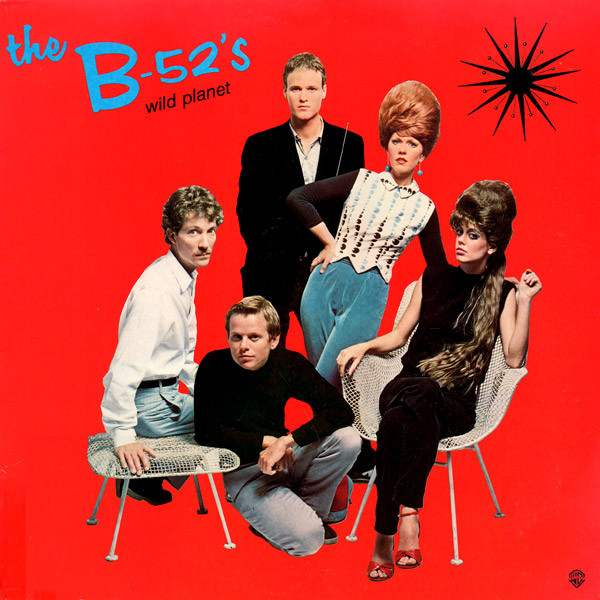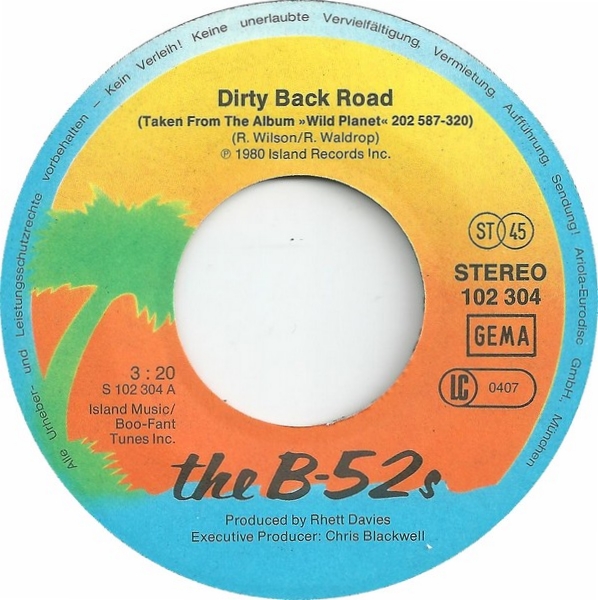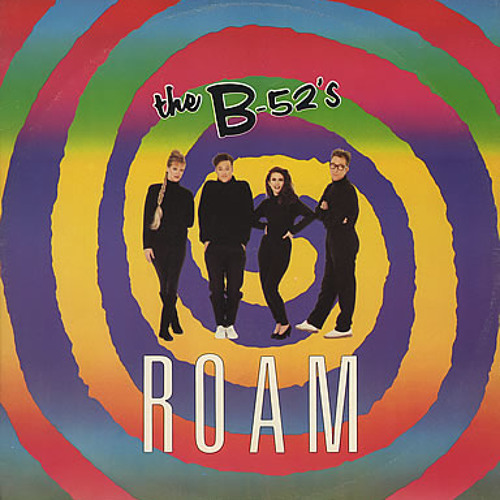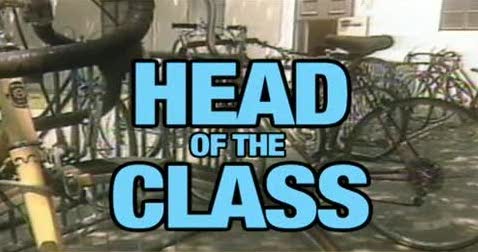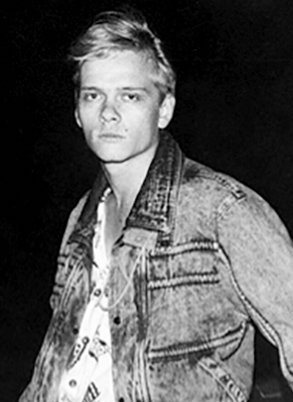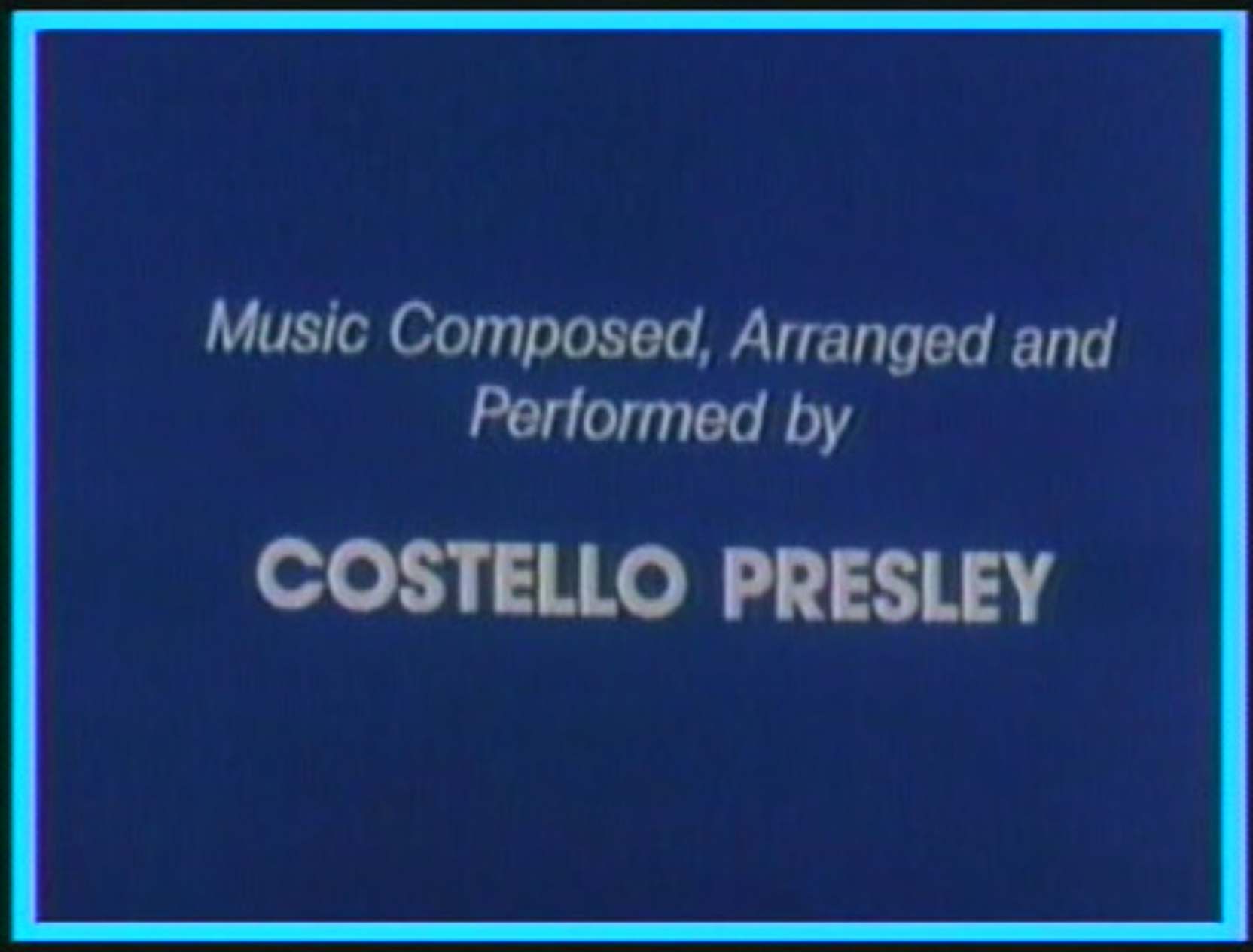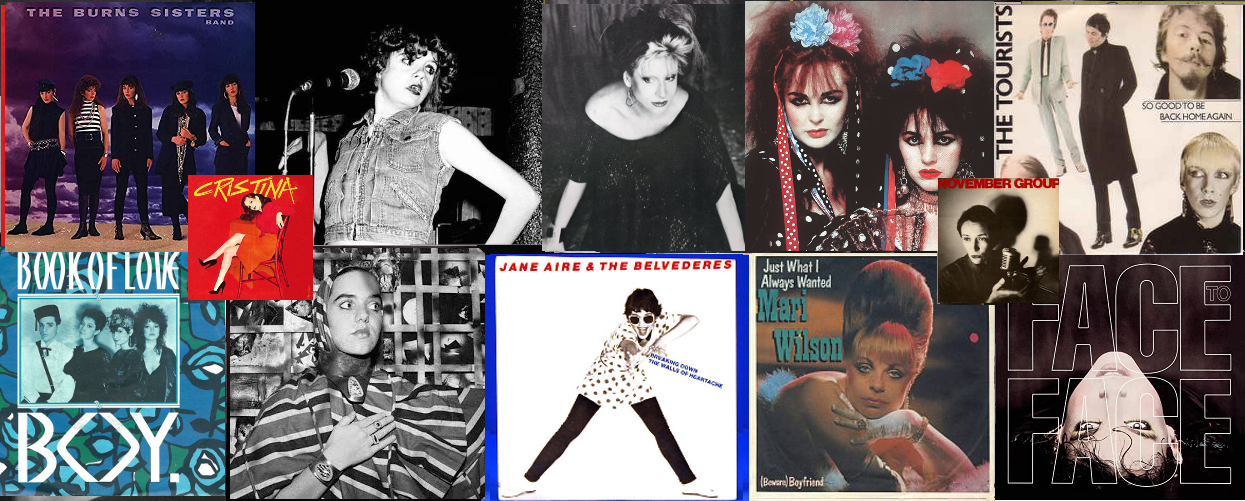
Here comes the 21st century… it’s gonna be much better for a girl like me…
-Deborah Harry, “I Want That Man”
I recently came across the 2018 Interview magazine article “An Oral History of The World: the most iconic nightclub you never heard of”. This reminded me of my one and only trip to the legendary club when Deborah Harry played there in November, 1989.
Seven years after Blondie went on hiatus, “Debbie” become “Deborah” as she released her third solo album, Def Dumb and Blonde – an eclectic 15-track collection that most fans consider to be her best effort outside of the band. Although the album did not crack the US Billboard top 100, it reached the top 10 in the UK and other countries.



I got tickets to the November 11 show. This was the second of three sold out shows at the Lower East Side club. The guy I was seeing when the tickets went on sale was no longer in the picture by the time the show came around, so I ended up taking my older sister, Kari. She had been a Blondie fan a decade before – it was her cassette of Parallel Lines that we wore out.


We came up out of the F train at Houston Street and First Avenue and started heading east into Alphabet City, walking briskly past the homeless huddled around burning trashcans and assorted drug-induced shenanigans. Kari was holding onto my arm, talking a mile a minute – engrossed in a story that I hoped would keep her distracted for as long as possible. We were somewhere between Avenues A & B when she finally looked around, slowed a bit, gripped my arm tighter and said “Oh my god. Where are you taking me???”
“Almost there!” I said, although I wasn’t sure if we were.

I knew nothing about The World – a 16-and-over nightclub that payed little attention to underage drinking, a quaint complaint given the other activities that allegedly went on there. Housed in a crumbling former catering hall, it had that air of faded decadence prevalent in many East Village hangouts. It was as if the party continued on in the ruins of past generations…. clubs and galleries in the dilapidated haunts of German, Polish, and Ukranian immigrants, followed by another generation of hippies and poets, then punks and artists who had now come and gone. We were in the last months of the 1980’s and all that the decade had wrought was slipping into the past. But would Debbie, um, Deborah Harry?
There was an air of anticipation as to how this show would go: her first solo tour at age 44 – the same age as Tina Turner at the time of her Private Dancer success 5 years earlier. Given that Harry was back on her home turf – just a few blocks from CBGB’s – would she lean into her rock/punk roots? Surely this would not be a parade of greatest hits.

Still, it was a surprise when she quietly took to the stage along with her ever-present creative partner Chris Stein and opened her set with the jazzy Motown ballad “The Hunter Gets Captured By The Game.” This Marvelettes cover was the final song on Blondie’s 1982 LP The Hunter. It was an intriguing choice for an opening number, as if she & Stein were picking up right where Blondie left off.
And then the show shifted into gear: playing through a set heavy on Def Dumb & Blonde‘s edgier cuts while seamlessly mixing in Blondie album tracks like “Cautious Lip” & “Detroit 442”. The set wound down with “Brite Side,” her latest single which segued into a cover of The Velvet Underground’s “Waiting For The Man”.

For the encore, she took off her jacket and returned the stage in just a black bra. When presented with a bouquet of roses, she bit the head off of one and spit it back at the audience. She tore through a couple of conciliatory hits: “Call Me” & “One Way Or Another”, plus her minor solo hit “French Kissin’ In The USA”.
Here’s where memory gets tricky: I recall that she did a Ramones cover as her final song. In the years following this show, I saw The Go-Go’s and Kirsty MacColl both cover “I Wanna Be Sedated” as final encores at their concerts. Some mental wires got crossed and 30+ years later, I thought Harry sang it too. But thanks to the internet and her fanatic fans, I am reminded that the Ramones song she covered on this tour was “Pet Sematary,” the theme to the Stephen King movie that her old friends had released earlier that year.
Here’s a recording from The Roxy in LA on October 23, 1989 – two weeks prior to The World shows in NYC:
My sister had gone off during the encore to find a bathroom. Towards the end of this song, she reappeared, white as a ghost, saying “Ohmygod ohmygod you have to help me! I have to pee SO bad and there’s only ONE bathroom for everyone! NO STALLS. I asked someone if it was the ladies room and she said ‘Men, women… what’s the difference?’ ohmygod you have to help me!”

Downstairs in the bathroom, I stood with my back to her, holding my full-length wool coat open like some sort of reverse-flasher trying to block her from the view of everyone except the woman sitting on the toilet right next to her having a conversation with her friend. I was trying not to laugh too hard as my sister kept muttering behind me “ohmygod ohmygod unbelievable… men, women, what’s the difference… unbelievable….”
On our way out, I poked my head into the lounge, where futuristic electronic music played. I could only make out strange silhouettes in the dim colored lights of the smoky room. It seemed like a cross between the Creature Cantina and something out of The Jetsons.

After a quick t-shirt purchase at the merch booth, we were back on the street. Kari was holding on to my arm as we headed down East Second Street. A panhandler approached and said “Now there’s an attractive couple!” My sister let out a sustained “Eeew” which I punctuated with “She’s my SISTER.”
“My apologies.” He quickly said as he began walking alongside us. “I’m having a rough time right now. If you could reach down into your pockets and help me out with anything, anything at all, I would really appreciate it.”
Kari, absentmindedly reached down into her pocket and presented him with a matchbook. He was not amused.
We turned on to Avenue A as he stood there screaming after us “Fuck you bitch! Fuck you! I will fucking BURN you bitch!”
She didn’t seem to hear him. Shaking her head, she said, “Oh my god. That bathroom.”
It would be another year and a half before I relocated to the neighborhood. But The World ended just two weeks before I got there: On June 27, 1991 co-owner Steven Venizelos – described by the New York Times as “a corpulent man with a penchant for jewelry” – was found murdered on the balcony of the club. He was shot three times at close range. There were no signs of robbery and the case went unsolved. In keeping with the East Village trend, the building was demolished to make way for “luxury” apartments.

And Debbie? She’s still going strong. As she sang in “I Want That Man,” Here comes the 21st Century… it’s gonna be much better for a girl like me… the reunited Blondie brought in the new millennium with “Maria,” a #1 hit in the UK. They were inducted into the Rock & Roll Hall of Fame in 2006.
Her latest collaboration is with The Dandy Warhols – “I Will Never Stop Loving You.”

See Also:
The Tin Man And The Lion: Unanswered Prayers
The Lion In The Emerald City: Promise Of A New Day
1991: Homo Alone
A Stroll Though 1980’s NYC
Madonna’s Lost 1980’s Megamix Video
Kate Bush’s Gayest Songs
Ronnie Spector 1980
12 Forgotten Female New Wave Classics
Don Herron’s Tub Shots
You Know The B-52’s Song “Roam” Is About Butt Sex, Right?
Sheena Is A Grandmother

























